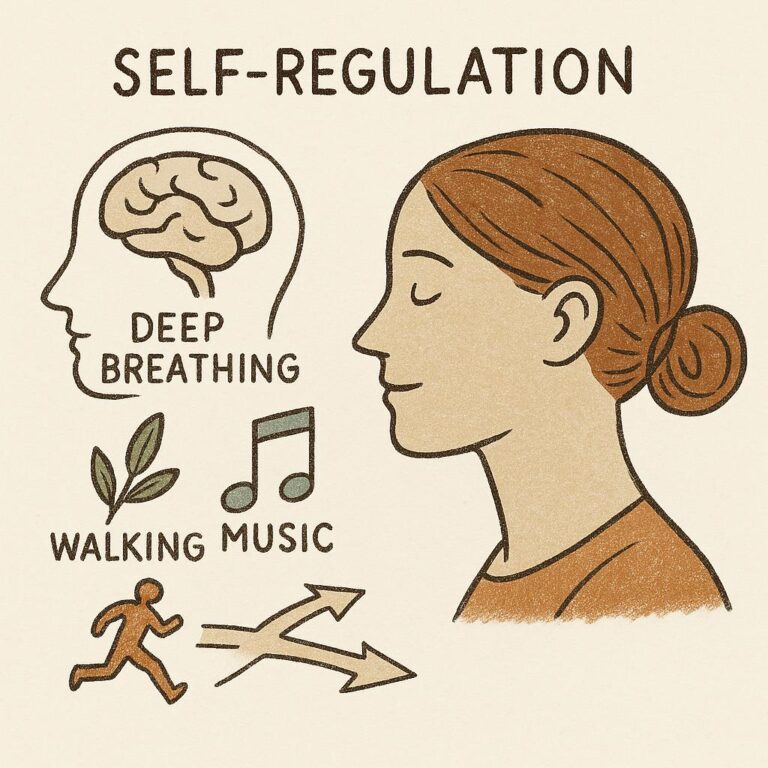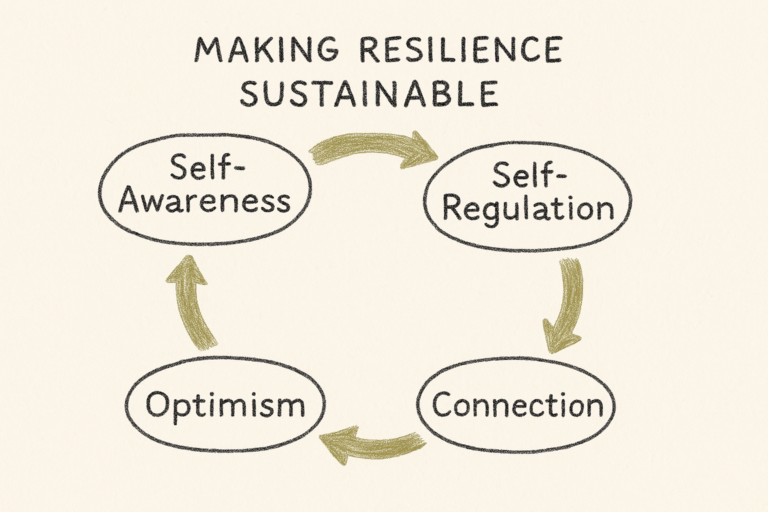Nightime Stressors
How to Reset When Stress Steals Your Sleep

You’re asleep—until you’re not.
You’re finally in bed. Lights off. To-do list on pause. But your brain didn’t get the memo.
That’s when the stress shows up. Not loud, but persistent—like a faucet that won’t quite turn off. This is nighttime stress, and it hits differently.
Your body may be still, but your mind is buzzing.
You replay conversations. Worry about what’s next. Imagine every version of what could go wrong.
You’re not alone—and you’re not broken. Nighttime stress is a very real response to overstimulation, under-processed emotion, and a nervous system stuck in overdrive. The good news? There are ways to gently bring yourself back to calm.
Why It Happens
At night, your cognitive distractions disappear—no meetings, no scrolling, no small talk. That quiet makes room for whatever you haven’t dealt with during the day.
If you’ve been powering through, avoiding emotion, or living on adrenaline, nighttime is often when your body tries to finish what your waking mind skipped. When you wake up overwhelmed, your nervous system is still activated. But you can shift from racing thoughts to restful calm—one small step at a time.
First, try not to judge the wake-up.
Fighting it adds more pressure. Instead, meet it with curiosity.
Ask: What am I feeling right now? What does this thought need—action, acknowledgment, or release?
Stress doesn’t wait for daylight. You don’t have to solve everything at 3 a.m. You just have to breathe. Try again tomorrow.
Tweet
What’s your resilience level? Take the quiz at opalcoaching.com
#Resilience #SleepStress
Below, you will find something to do, read, and watch. I have included one thing to reflect on, a gentle nudge to prompt a resilience practice, and a short thought to reset your resilience. I follow with other sources to continue building your resilience toolkit.
To Do

Reflect:
What’s your usual pattern when stress wakes you up? How well is it working?


Nudge:
- Try this grounding practice: Place one hand on your heart, the other on your belly. Breathe slowly.
- Keep a notebook by your bed. If thoughts spiral, write them down to get them out of your head and onto paper. Let the page hold what you can’t fix right now.
- You can also try visual techniques like imagining a whiteboard. Imagine writing the thought, looking at it, and gently erasing it. Symbolic, simple—and surprisingly effective.

Reset:
Sometimes the most resilient move is remembering to breathe—and trying again tomorrow.
To Read
“Permission to Feel” by Dr. Marc Brackett – A powerful look at why identifying and expressing emotion is key to better sleep, focus, and well-being.
To Watch
YouTube: “How to Calm Your Racing Mind at Night” – with Dr. Jud Brewer
This short video explores why rumination increases at night and what you can do to break the cycle using mindfulness and curiosity.
Next
Next, we’ll explore how modeling resilience helps others grow stronger and how to do it without preaching, fixing, or over-functioning.





